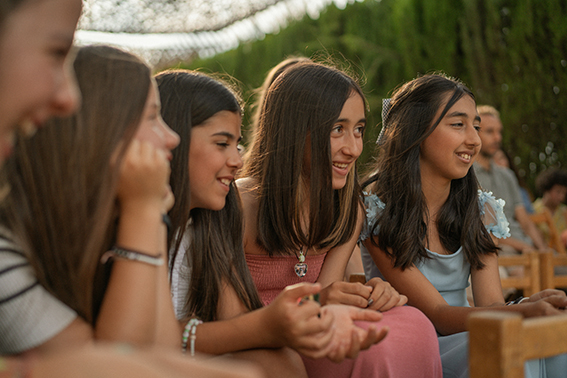The Montessori Method is an educational philosophy that emphasises self-directed learning, collaborative work and respect for the individuality of the child. The method was developed by Dr. Maria Montessori, an Italian physician and educator, in the early 20th century. Since then, it has been adopted by schools around the world as a successful approach to education. It focuses on the development of the whole child, including emotional and social development.
Social skills are fundamental to children’s development, enabling them to relate effectively to their environment and to others. In Montessori classrooms, children are encouraged to work collaboratively, communicate effectively and build positive relationships with their peers. The approach aims to foster independence, responsibility and mutual respect. In this article, we will discuss how to foster social skills in children using the Montessori Method.
The importance of social skills development in children
The development of social skills is crucial for children, as they enable them to learn to communicate, share, collaborate and resolve conflicts effectively. The Montessori Method offers a unique and effective way to foster these skills. In this article, we will explore how the Montessori Method approaches the development of social skills and how these principles can be applied at home and at school. The Montessori Method focuses on the development of the whole child, including social and emotional development.
Children in a Montessori classroom learn to work together in groups and collaborate on projects. Through daily interaction, children learn important skills such as empathy, cooperation, respect and conflict resolution. Freedom of choice in a Montessori environment also allows children to learn to make decisions and be responsible for their actions.
How to foster social skills in children with the Montessori Method?
Fostering social skills is a relevant part of the Montessori approach. Children need to develop social skills in order to be able to interact with others effectively and establish healthy relationships. Below are some tips for fostering social skills in children with the Montessori Method.
1. Encourage cooperation
Cooperation is an essential social skill that enables children to work together to achieve a common goal. In the Montessori Method, children work together on projects and activities in small groups, which fosters cooperation. In addition, children are encouraged to help each other and work together to solve problems. Fostering cooperation in children teaches them to work together effectively and to be responsible for their actions.
2. Promote effective communication
Effective communication is fundamental to success in life. Children need to develop effective communication skills in order to express their needs and feelings clearly and concisely. In the Montessori Method, children are encouraged to speak and express themselves freely. Children learn to listen and respond to the ideas of others, which helps them to develop effective communication skills. Children also learn to communicate with adults and other children in the classroom environment.
3. Encourage conflict resolution
Children need to learn to resolve conflicts effectively. In the Montessori Method, conflict resolution is encouraged by teaching negotiation skills and promoting dialogue. Children learn to resolve conflicts peacefully and to work together to find solutions. Encouraging conflict resolution in children teaches them to be tolerant and accepting of diversity.
4. Teach empathy skills
Empathy is an important social skill that enables children to understand the feelings of others and be sensitive to their needs. In the Montessori Method, children are taught to be empathetic through activities that allow them to see things from the perspective of others. For example, children can be encouraged to talk about their feelings and to listen to the feelings of others. Teaching empathy skills to children helps them to become more aware of others’ feelings and to be more compassionate.
5. Build self-confidence
Self-confidence is essential for success in life. Children need to develop strong self-confidence in order to face life’s challenges. In the Montessori Method, self-confidence is fostered by promoting independence and autonomy. Children learn to make decisions for themselves and to have confidence in their own abilities. Fostering children’s self-confidence helps them to become more independent and self-confident.
The Montessori Method and social skills
In conclusion, the Montessori method stands out as an educational approach that not only fosters children’s academic development, but also their social skills. Through its child-centred, respectful and collaborative approach, the Montessori method provides children with the opportunity to develop fundamental social skills that will serve them throughout their lives.
The Montessori environment promotes interaction between children, encouraging teamwork, effective communication and mutual respect. Children learn to collaborate, share ideas and resolve conflicts peacefully, strengthening their communication skills and their ability to work as a team.
In addition, the Montessori method promotes empathy and understanding of others. Through practical activities, such as caring for the environment and helping each other, children learn to be considerate and value the needs and feelings of others. This enables them to develop emotional skills, such as empathy, tolerance and resilience, which are essential for establishing healthy relationships and building a strong community.
The Montessori method also emphasises respect for diversity and valuing individual differences. Children learn to appreciate each person’s unique strengths and abilities, which fosters acceptance and respect for others. This inclusive and respectful mindset is fundamental to building a more equitable and compassionate society.
In short, the Montessori method not only focuses on children’s academic development, but also promotes the acquisition of important social skills. By providing an environment of respect, collaboration and valuing diversity, the Montessori method prepares children to face the world with confidence, empathy and strong social skills.










